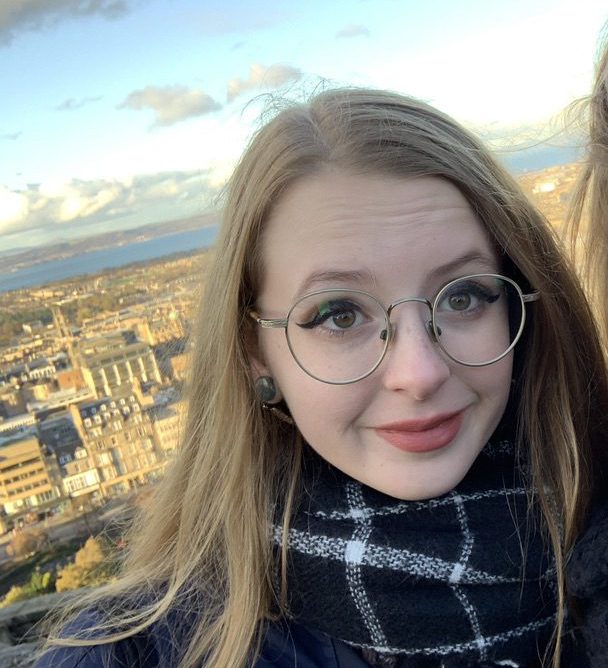As a language that is spoken in numerous countries throughout the world as well as in many international organizations such as the European Union, the United Nations, the International Labor Organization, Amnesty International, Doctors Without Borders, and the Red Cross, learning French is as much about communicating with a broad range of people as it is about learning about a diverse set of cultures and histories that span the globe. The combined weight of French as a former lingua franca of the world as well as the colonial paradigm that vastly increased the number of speakers has created an incentive in which the language is incredibly helpful for both communication as well as understanding cultural nuances and the historiography behind them.
That said, in general, learning any language in addition to one’s native tongue is important to the way one interacts with the world–whether the language in question is spoken throughout the world or in a small area in a specific area. Each language manifests through cultural and historical trends, and they ways in which speakers express themselves are dependent, and can sometimes only be understood, by understanding these trends. Just as there as words and connotations that change in different English speaking countries–from the United States, to South Africa, to New Zealand–there as connotations and histories in every language that make dialects unique and specific. By learning a language, that is, one learns to interact with the world through cultural and historical understandings that are absent from their native language. The dialects of French spoken in North Africa or Atlantic islands such as Martinique or Guadalupe might shed light on colonial pasts, the roots of native languages, or cultural ideas that are absent from the French spoken in Paris or in Geneva (just as the dialects of these two cities can be compared in and of themselves). Thus, learning a language is important to the way one interacts with the world in that it allows one to communicate and understand the nuances they are communicating.
In consideration of this, I will undoubtedly use my language skills in the future, and further hope to pick up more languages as I move forward in life. French in particular is a language I hope to keep building on to eventually establish fluency. During my internship with Kids Empowerment, discussed more thoroughly on a different page, a project was in the works to work with children at a temporary shelter to provide information on law and France in a child-friendly manner. Though I was not able to participate directly in the project, as negotiations with the shelter did not become concrete until after my contract was up, I was privy to some of the planning and discussion in which my internship advisors considered the division between children who came from French speaking countries (such as Senegal or the Ivory Coast). Though my own career prospects are yet to be definite, I plan on working in humanitarian sectors with migrants or trafficking. That said, knowing French is useful to increase the spectrum of people I am able to communicate with both in daily life and in career prospects.
Learning French has been one of the many highlights of my undergraduate career, and, in my year abroad, fundamentally broadened the scope of which I could communicate as well as increased my confidence to do so. Rather than hope others could communicate in my own native language and struggle if they could not, learning French (and not being fluent in it) and specifically learning French in France helped me appreciate the struggles of those who were not fluent in English at home, as well as helped me learn in an intensive way around spoken French, rather than a more formal classroom dialect spoken in classes at home.

